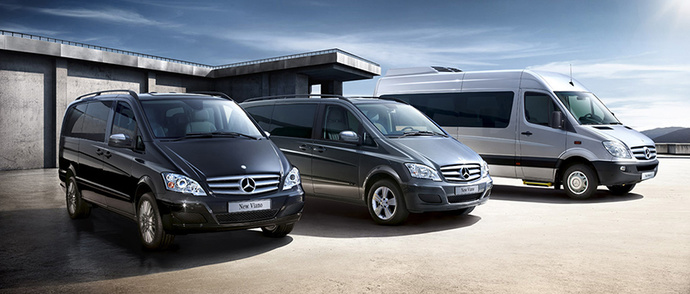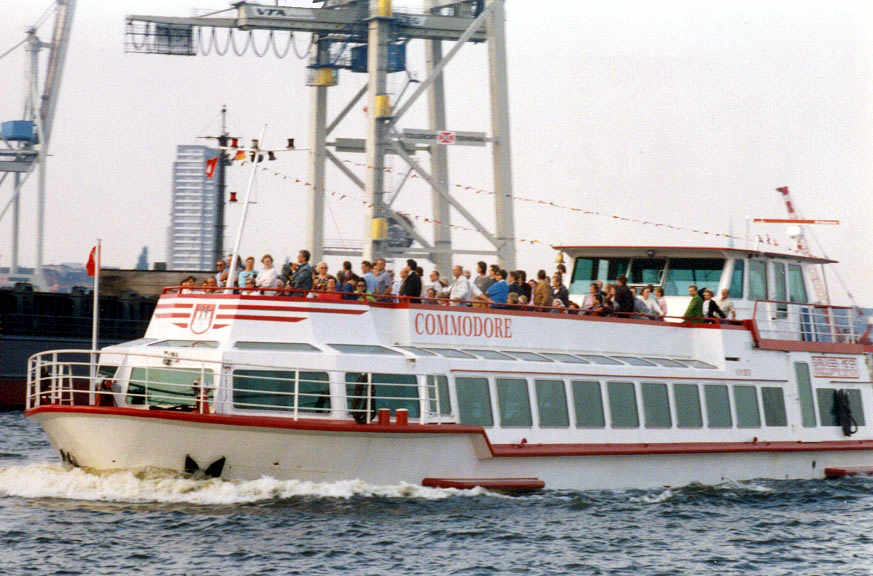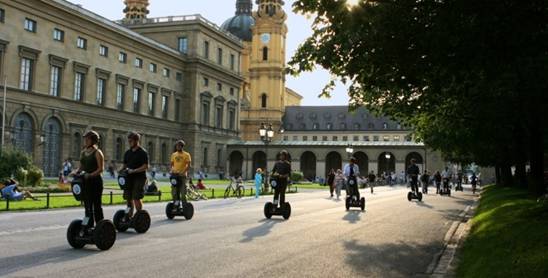Detailed Itinerary and City Guides
Frankfurt am Main, Germany
Frankfurt serves as the logistical hub for this journey, home to Germany's busiest international airport and a major European financial center. The city presents a fascinating contrast between a meticulously reconstructed medieval Altstadt (Old Town) and a soaring skyline of skyscrapers, earning it the nickname "Mainhattan."
Key Attractions:
Römerberg: The historic heart of Frankfurt, featuring beautifully reconstructed half-timbered houses and the Römer city hall.
St. Bartholomew's Cathedral (Kaiserdom): A 14th/15th-century Gothic cathedral where Holy Roman Emperors were elected.
Museumsufer (Museum Embankment): A unique concentration of museums on both sides of the River Main, including the Städel Museum (European art) and the German Film Museum.
Palmengarten: One of Germany's largest botanical gardens, offering a peaceful retreat.
Main Tower: The only skyscraper with a public viewing platform, providing panoramic city views.
Practical Information - Frankfurt:
Accommodation: Areas around Hauptbahnhof (central station) and Innenstadt (city center).
Cuisine: Try
Grüne Soße (green sauce with herbs) with boiled eggs and potatoes, and Frankfurter sausages. Apfelwein (apple wine) is the local specialty.
Transport: Frankfurt Airport (FRA) is a major hub. The city has an excellent U-Bahn and S-Bahn network. The Frankfurt Card offers unlimited public transport and museum discounts.
Time Recommendation: 1-2 days.
Metzingen, Germany
A short detour south from Frankfurt, Metzingen is a pilgrimage site for fashion enthusiasts. What was once a small town known for its clothing industry has transformed into Germany's largest and most famous outlet city.
Key Attractions:
Outletcity Metzingen: Home to flagship outlets for Hugo Boss (which originated here), as well as Armani, Prada, Burberry, and many other high-end and mainstream brands with significant discounts.
Practical Information - Metzingen:
Accommodation: It's best visited as a day trip from Stuttgart or while in transit to Munich.
Cuisine: Numerous cafes and restaurants within the outlet complex. Swabian specialties like
Maultaschen (filled pasta pockets) can be found in local restaurants.
Transport: Easily accessible by train from Stuttgart (approx. 25 minutes) or by car via the A8 motorway. Ample parking available.
Time Recommendation: 1 day (or a half-day).
Munich (München), Germany
The capital of Bavaria, Munich seamlessly blends traditional German culture with modern innovation. Known for its annual Oktoberfest, the city offers magnificent architecture, world-class museums, and a vibrant beer garden culture.
Key Attractions:
Marienplatz: The central square, home to the Neues Rathaus (New Town Hall) and its famous Glockenspiel.
Hofbräuhaus: The world's most famous beer hall, offering a quintessential Bavarian experience.
Nymphenburg Palace: A vast Baroque palace with stunning gardens, the summer residence of the Bavarian monarchs.
Deutsches Museum: One of the world's largest and oldest science and technology museums.
English Garden: One of the world's largest urban parks, larger than Central Park, featuring a Chinese pagoda and river surfers.
Dachau Concentration Camp Memorial Site: A sobering but important day trip to the first Nazi concentration camp.
Practical Information - Munich:
Accommodation: Altstadt-Lehel for proximity to sights, Schwabing for a trendy vibe, or near Hauptbahnhof for transport convenience.
Cuisine: Weisswurst (white sausage), Schweinshaxe (pork knuckle), Brezen (pretzels). Must-visit beer gardens include Augustiner-Keller and Chinesischer Turm.
Transport: Munich has an extensive U-Bahn and S-Bahn network. The MVV app is useful for tickets. A rental car is not recommended for city exploration.
Time Recommendation: 2-3 days.
Salzburg, Austria
Crossing the border into Austria, Salzburg is a Baroque jewel set against the backdrop of the Eastern Alps. The birthplace of Wolfgang Amadeus Mozart and the setting for "The Sound of Music," the city's Altstadt is a UNESCO World Heritage Site.
Key Attractions:
Hohensalzburg Fortress: One of Europe's largest and best-preserved medieval castles, overlooking the city. Reachable by funicular.
Salzburger Altstadt (Old Town): A maze of narrow streets, grand squares (Residenzplatz, Domplatz), and the Getreidegasse shopping street with its ornate wrought-iron signs.
Mozart's Birthplace (Geburtshaus) & Residence (Wohnhaus): Museums dedicated to the composer's life and work.
Mirabell Palace and Gardens: Beautiful Baroque gardens featured in "The Sound of Music."
Salzburg Cathedral: A magnificent 17th-century Baroque cathedral.
Practical Information - Salzburg:
Accommodation: Altstadt for charm, or across the river for better value.
Cuisine: Mozartkugeln (chocolate balls), Salzburger Nockerl (soufflé), and Austrian classics like Wiener Schnitzel. Visit a traditional Stieglkeller for beer and food.
Transport: Easily walkable. The Salzburg Card includes public transport and entry to most attractions.
Time Recommendation: 2 days.
Vienna (Wien), Austria
The imperial capital of the Habsburg Empire, Vienna exounds elegance and grandeur. A city of music, art, and coffeehouse culture, its legacy is visible in its opulent palaces, world-class museums, and vibrant cultural scene.
Key Attractions:
Schönbrunn Palace:The former summer residence of the Habsburgs, a vast Rococo palace with stunning gardens, a maze, and the world's oldest zoo.
St. Stephen's Cathedral (Stephansdom):The Gothic centerpiece of Vienna, with a colorful tiled roof.
Belvedere Palace:A beautiful Baroque complex housing an art museum with Gustav Klimt's "The Kiss."
Hofburg Palace:The former imperial winter palace, now home to the Spanish Riding School, the Sisi Museum, and the imperial apartments.
Vienna State Opera (Wiener Staatsoper):A world-renowned opera house; book tickets well in advance or take a guided tour.
Kunsthistorisches Museum:One of the world's finest art museums, with works by Old Masters.
Practical Information - Vienna:
Cuisine:Sachertorte (chocolate cake), Wiener Schnitzel, Apfelstrudel. Experience a traditional coffeehouse like Café Central or Café Sacher.



